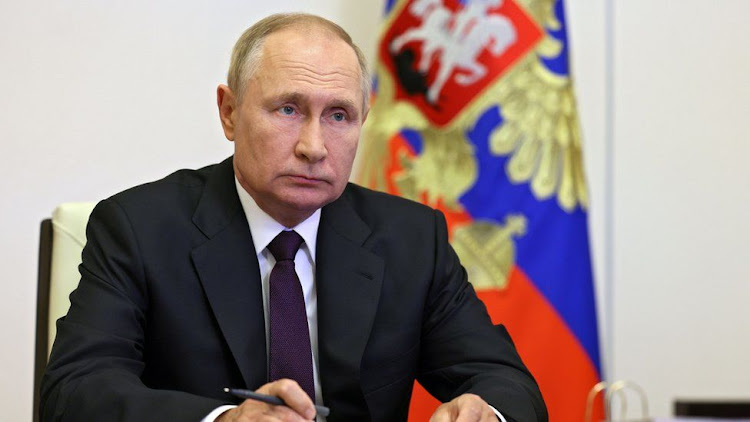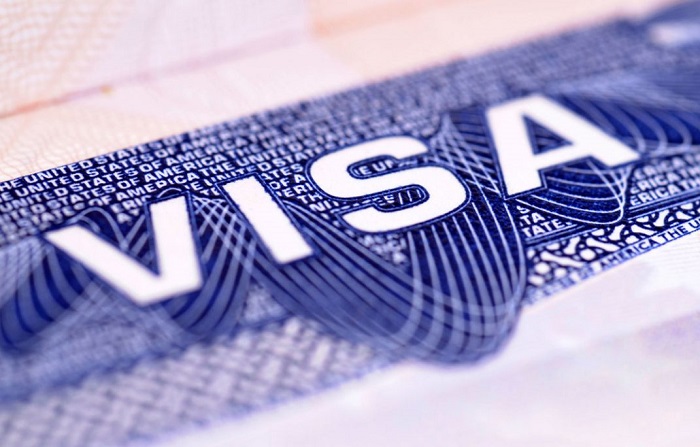Don’t let rupee depreciation upset your travel plans. Opt for a cheaper destination, try homestay, and stay on the outskirts to save money.
It hasn’t been long that the rupee was found to be the worst-performing currency in Asia this year. And a depreciating currency means that the outbound tourism industry will take the hit. Because of the weaker currency value, tourists and travellers are now tempted to explore low-cost luxury travel spots, a trend spotted around the world. For instance, travellers from Barcelona to Beijing are cashing in on Argentina’s cheap currency as the country grabs headlines as a go-to destination.
Similarly, Indians are increasingly opting for cheaper destinations like Vietnam, Cambodia, Nepal, Sri Lanka and Bhutan while giving costlier places a miss. Such a trend has been termed as “luxury for less” by many travel companies. Balu Ramachandran, head of Air and Distribution, Cleartrip, said that the continuing depreciation of the rupee against the dollar has made short haul destinations hotspots for leisure travellers. “We have seen 35 to 40 per cent growth in bookings for short-haul destinations like Bangkok, Singapore, Colombo, Denpasar and Sharjah (in 2018 as compared to 2017’s graph), which is higher compared to the national average of 21 per cent. Travellers are not strict about aligning their travel plans with how the value of rupee has changed with regard to the currency of the destination country but overall are looking at short-haul destinations which are more economical,” he said.
He has observed that around 40 per cent of these bookings are made less than 15 days before the trip date, which indicates that a lot of people plan such trips at the last minute. Around 25 percent of these trips are one to seven days of duration. He names Nepal, Colombo, Bangkok and Phuket in Thailand, Maldives and Indonesia as the most visited destinations among Mumbaikars. The thing to be noted here is that a 40 per cent increase in total bookings of these destinations has been noticed since the rupee value started depreciating.
Karan Anand, head relationships, Cox and Kings, adds another place to the list — Turkey. He said, “This is due to the devaluation of their currency by 30 percent vis-a-vis the dollar.” He pointed out that such places add great value in the low-cost luxury segment as they offer cheap deals. “There has been a 15 per cent increase in the number of people opting for this type of travel. Within India, some properties in Goa also fit the bill,” he added.
Roshan D’silva, CEO of TripVillas.com, called Sri Lanka and Cambodia some of the “major beneficiaries” of the depreciation of the rupee. “Both these locations offer a luxury experience at an excellent price and so have become very popular with the well-heeled Indian traveller.”
By visiting these places, they are actually pleasantly surprised by all costs — including eating out, staying in five-star resorts and hotels, enjoying a spa and visiting various tourist attractions. “These are turning out to be much cheaper than any other value vacations in India itself.”
Well, what are the alternatives if the travellers wish to cut stay costs? He said that the primary alternative is to stay in a holiday home instead of a hotel, where travellers end up saving 50 per cent on the accommodation rent. However, Manmeet Ahluwalia, marketing head, Expedia, seemed to be disagreeing on the fact that it is only and mostly Asian countries that Indians are choosing. He said that even though they are working according to their set budget, they also try to find alternatives to visit and explore places outside the continent. He said that with the spread of social media, the trends have started pointing towards a more aware and excited society which wants to explore as much as they can.
Giving examples, he said, a few places in the Eastern Europe like Poland, Croatia, Hungary, Slovenia and more are preferred in terms of budget. He said, “People do cut short their durations of the trip or choose a less-costly hotel/resort to stay in, but do not cut off vacations even outside Asia. We have also observed a high trend in booking hotels that are off the city centre, which are usually much cheaper and more affordable. The nearer you are to the center of the city, the higher is the cost of your accommodation. So, the location is also kept in mind.”
Adding to this, he gave his own example saying that if he plans a visit to France, he will also try to accommodate other places that is nearby. It’s not just about the currency depreciation but also about a combination tour.
Writer: Team Viva
Courtesy: The Pioneer








 OpinionExpress.In
OpinionExpress.In















Comments (0)